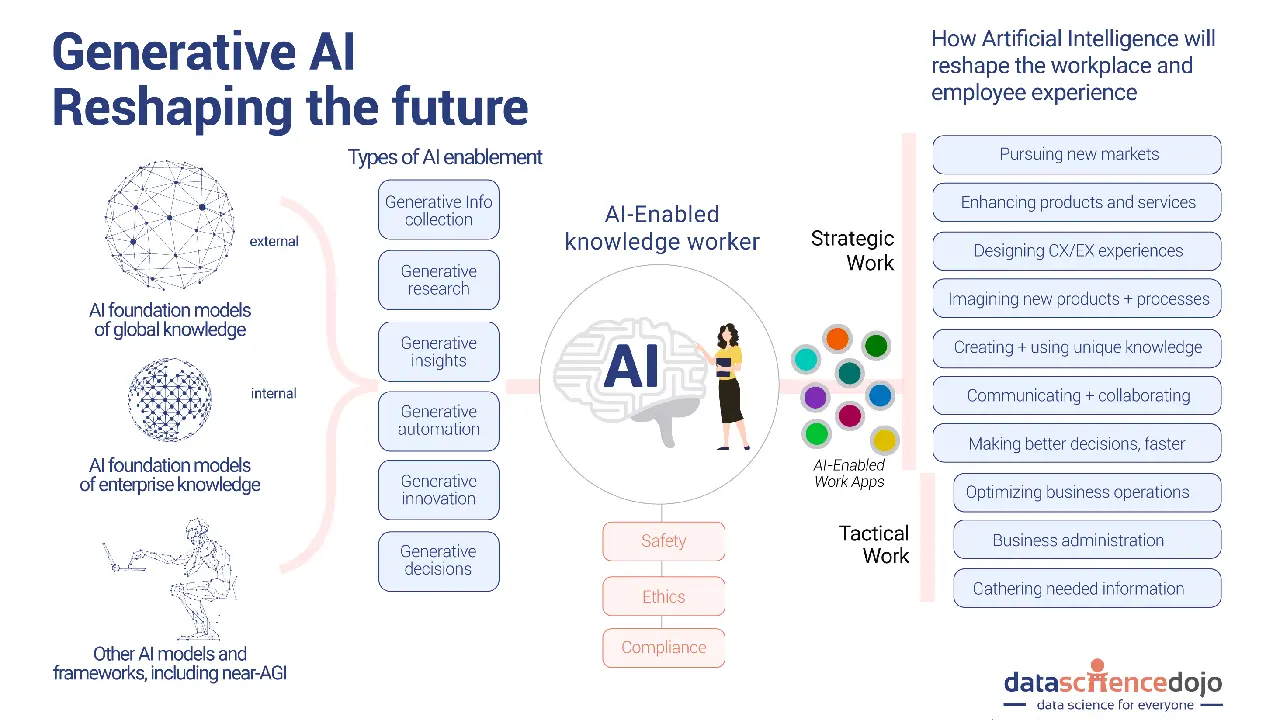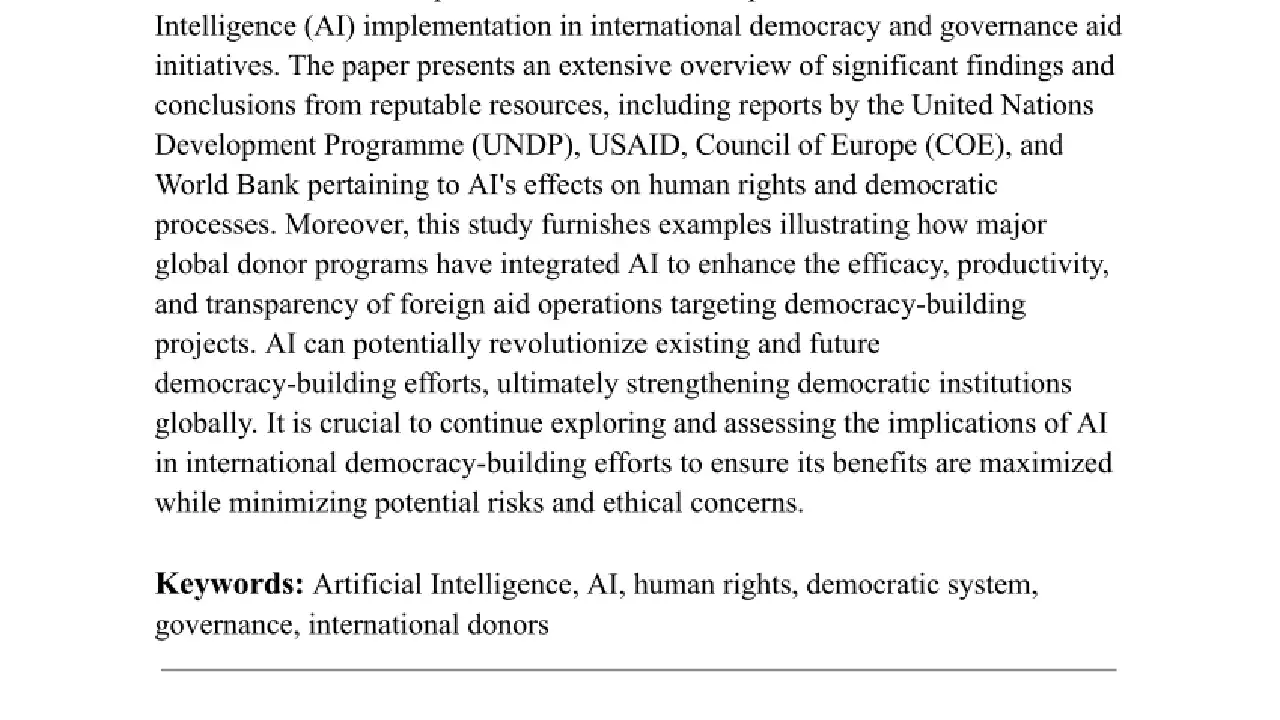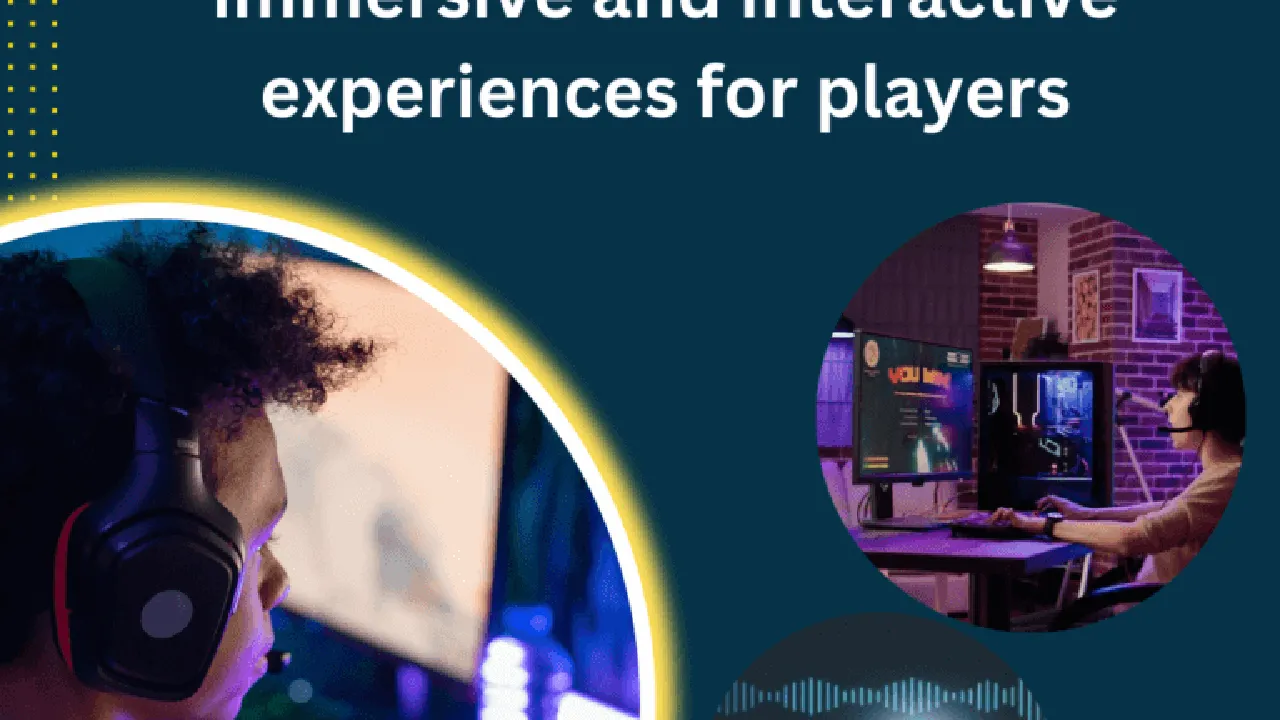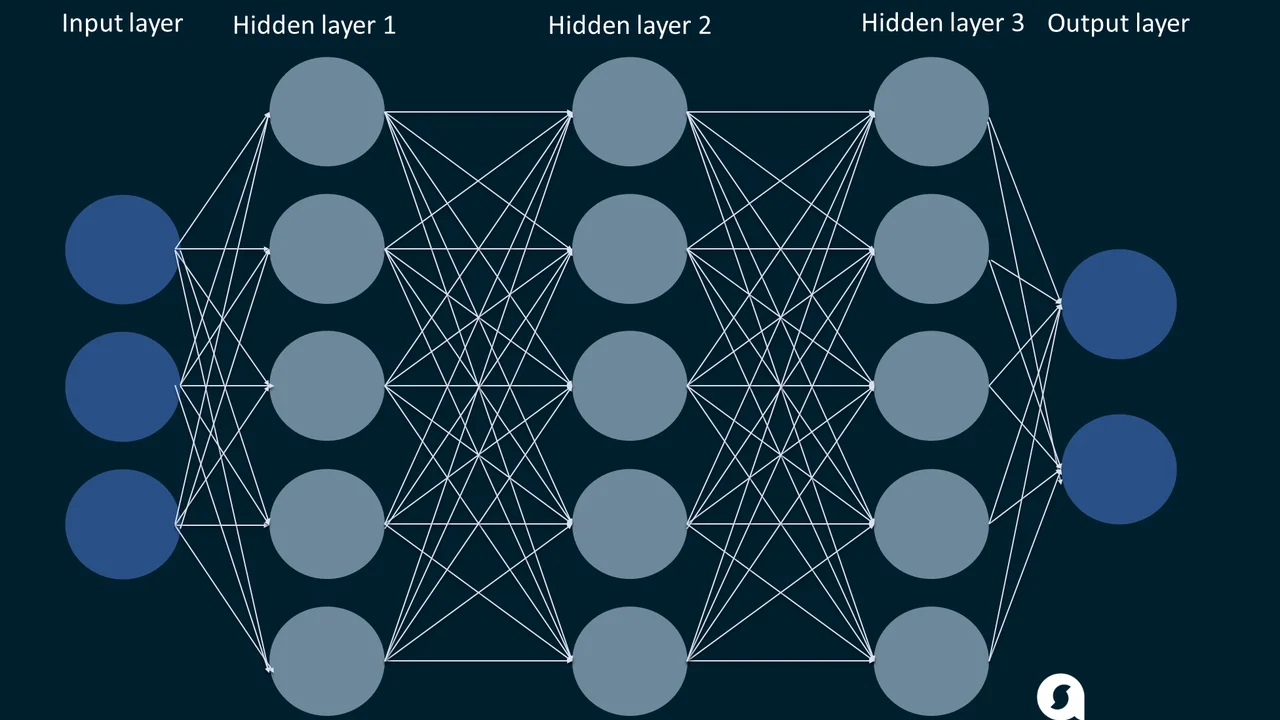AI and the Future of Work: New Skills and Opportunities
Discover the best AI blogs to follow for expert insights, thought leadership, and the latest trends in artificial intelligence. Stay informed with our curated list of top AI experts and their influential blogs.

Why Follow AI Blogs? Expert Insights and Thought Leadership
In the rapidly evolving world of artificial intelligence, staying up-to-date can feel like a full-time job. That’s where AI blogs come in. Following the top AI experts and thought leaders through their blogs offers a direct line to the latest research, breakthroughs, and discussions shaping the future of AI. These blogs provide invaluable insights, helping you understand complex concepts, anticipate industry trends, and even improve your own AI skills.
Think of AI blogs as your personalized AI news feed. They deliver curated content straight from the source, eliminating the need to sift through endless articles and research papers. Whether you're a seasoned AI professional, a student just starting out, or simply curious about the technology, AI blogs offer something for everyone.
Top AI Blogs You Should Follow for AI Trend Analysis
Alright, let's dive into some of the must-follow AI blogs. This list is a mix of academic researchers, industry analysts, and general AI enthusiasts, ensuring a well-rounded perspective on the field.
- Distill: This blog is known for its visually stunning and interactive explanations of complex AI concepts. If you're struggling to understand a particular topic, Distill is your go-to resource. They focus on making AI research accessible to a wider audience.
- OpenAI Blog: Directly from the creators of GPT-3 and other groundbreaking AI technologies, the OpenAI blog provides updates on their research, product releases, and the ethical considerations driving their work. It's a front-row seat to the cutting edge of AI.
- Google AI Blog: Similar to OpenAI, the Google AI blog offers insights into Google's AI research and development efforts. Expect to find articles on everything from machine learning algorithms to AI applications in healthcare and robotics.
- Towards Data Science: This Medium publication is a treasure trove of articles on data science, machine learning, and AI. It's a great place to learn practical skills, discover new tools, and connect with other data professionals.
- Lex Fridman Podcast: While technically a podcast, Lex Fridman's website also features transcripts and summaries of his interviews with leading AI researchers, entrepreneurs, and thinkers. It's a great way to stay informed about the big picture of AI and its impact on society.
- The Batch by Andrew Ng: Andrew Ng, a renowned AI educator and founder of Coursera and Landing AI, shares his thoughts on the latest AI trends and their implications for businesses. His blog is particularly useful for executives and managers looking to leverage AI in their organizations.
Deep Dive Into Specific AI Blogs and Their Focus Areas
Let's take a closer look at a few of these blogs to give you a better sense of what they offer:
Distill: Visualizing AI Concepts
Distill isn't just a blog; it's an experiment in scientific communication. They use interactive visualizations and animations to explain complex AI concepts in a way that's both engaging and informative. Their articles often involve collaboration between researchers and designers, resulting in a unique and highly effective learning experience. For example, their article on "Understanding Convolutions" is a classic example of how they make a difficult topic accessible to a wider audience through interactive diagrams and animations.
OpenAI Blog: The Forefront of AI Research
The OpenAI blog is essential for anyone who wants to stay on top of the latest breakthroughs in AI. They regularly publish articles on their own research, including the development of new models, algorithms, and applications. They also discuss the ethical considerations surrounding AI and their efforts to ensure that the technology is used responsibly. Keep an eye out for their blog posts on GPT models, as they often signal significant advancements in natural language processing.
Google AI Blog: AI Across Industries
The Google AI Blog showcases the diverse applications of AI across various industries, from healthcare and transportation to education and entertainment. They publish articles on their research in areas such as computer vision, natural language processing, and robotics. They also highlight the ways in which AI is being used to solve real-world problems, such as detecting diseases, improving crop yields, and personalizing learning experiences. The blog is a good source for understanding how AI is practically implemented in various sectors.
Tools and Technologies Discussed on AI Blogs: From Frameworks to Platforms
AI blogs don't just talk about the theory; they also delve into the practical tools and technologies used in AI development. You'll often find discussions on:
- TensorFlow: Google's open-source machine learning framework is a staple in the AI world. Blogs often feature tutorials, code examples, and discussions on how to use TensorFlow for various tasks.
- PyTorch: Another popular open-source machine learning framework, PyTorch is known for its flexibility and ease of use. Many researchers and developers prefer PyTorch for its dynamic computation graph, which makes it easier to debug and experiment with new models.
- Keras: Keras is a high-level API for building and training neural networks. It can run on top of TensorFlow, PyTorch, or other backends, making it a versatile choice for both beginners and experienced developers.
- Cloud AI Platforms (AWS, Azure, GCP): The major cloud providers offer a range of AI services, including pre-trained models, machine learning platforms, and tools for data processing and deployment. AI blogs often compare and contrast these platforms, helping you choose the best option for your needs.
- Hugging Face Transformers: Hugging Face's Transformers library provides access to thousands of pre-trained language models, making it easy to build and deploy NLP applications. The library also includes tools for fine-tuning models on your own data.
Specific AI Product Recommendations and Comparisons
Let's get specific. Here are a few AI products that are frequently discussed on AI blogs and are worth considering:
RunwayML: AI-Powered Creative Tools
Description: RunwayML is a platform that makes it easy for artists and designers to incorporate AI into their creative workflows. It offers a range of pre-trained models for tasks such as image generation, style transfer, and video editing. Use Case: Creating unique artwork, generating design concepts, and experimenting with AI-powered visual effects. Comparison: While other platforms like DeepArt.io offer style transfer, RunwayML provides a more comprehensive suite of tools and a user-friendly interface. Pricing: RunwayML offers a free tier with limited usage, and paid plans start at around $15 per month.
Clarifai: Image and Video Recognition API
Description: Clarifai is a powerful image and video recognition API that can be used to automatically identify objects, scenes, and concepts in visual content. Use Case: Automating content moderation, improving search results, and personalizing user experiences. Comparison: Compared to Google Cloud Vision API and AWS Rekognition, Clarifai is known for its accuracy and its focus on visual AI. Pricing: Clarifai offers a free tier for developers, and paid plans start at around $30 per month.
DataRobot: Automated Machine Learning Platform
Description: DataRobot is an automated machine learning platform that helps businesses build and deploy AI models quickly and easily. It automates many of the tasks involved in machine learning, such as data preparation, feature engineering, and model selection. Use Case: Predicting customer churn, optimizing marketing campaigns, and detecting fraud. Comparison: DataRobot competes with other AutoML platforms like H2O.ai and Google Cloud AutoML. It's known for its enterprise-grade features and its focus on explainability. Pricing: DataRobot's pricing is customized based on the specific needs of each customer.
Hugging Face Transformers Library: NLP Powerhouse
Description: A free, open-source library providing thousands of pre-trained models for natural language processing (NLP) tasks. Use Case: Sentiment analysis, text summarization, machine translation, question answering, and more. Comparison: While other libraries exist, Transformers stands out for its ease of use, vast model repository, and strong community support. It's often compared to spaCy, which is more focused on production-ready NLP pipelines. Pricing: Free (open source).
How AI Blogs Help You Improve Your AI Skills Through Tutorials and Code Examples
Many AI blogs go beyond simply discussing the latest trends and technologies. They also provide tutorials, code examples, and other resources that can help you improve your AI skills. These resources are particularly valuable for students and aspiring AI professionals who are looking to gain hands-on experience.
For example, Towards Data Science is known for its practical tutorials on topics such as machine learning algorithms, data visualization, and deep learning frameworks. The articles often include code examples that you can run yourself, allowing you to experiment with different techniques and learn by doing.
Ethical Considerations and Societal Impact of AI: A Key Focus in AI Blogs
AI is a powerful technology with the potential to transform society in profound ways. However, it also raises important ethical considerations that need to be addressed. Many AI blogs are actively engaged in discussions about the ethical implications of AI, including issues such as bias, fairness, privacy, and accountability.
For example, the OpenAI blog regularly publishes articles on the ethical considerations driving their work. They discuss their efforts to ensure that AI is used responsibly and that its benefits are shared by everyone.
Following AI Experts on Social Media: Complementing Your Blog Reading
While AI blogs are a great way to stay informed, they're not the only resource you should be using. Following AI experts on social media, such as Twitter and LinkedIn, can provide you with even more timely updates and insights. Many experts share their thoughts on the latest research, industry news, and events on social media, giving you a real-time view of the AI landscape.
Here are a few AI experts you might want to follow:
- Andrew Ng (@AndrewYNg): A renowned AI educator and entrepreneur.
- Yann LeCun (@ylecun): A leading researcher in deep learning.
- Fei-Fei Li (@drfeifei): A prominent AI researcher and advocate for ethical AI.
- Lex Fridman (@lexfridman): Host of the Lex Fridman Podcast.
Staying Ahead of the Curve in AI: Continuous Learning is Key
The field of AI is constantly evolving, so it's important to commit to continuous learning. Following AI blogs, attending conferences, taking online courses, and participating in the AI community are all great ways to stay ahead of the curve. By investing in your AI skills, you'll be well-positioned to take advantage of the opportunities that AI is creating.
So, there you have it – a guide to following the top AI blogs and thought leaders. By incorporating these resources into your learning routine, you can stay informed, improve your skills, and become a valuable contributor to the AI community. Happy reading! Don't forget to explore other resources like podcasts and online courses to enhance your AI knowledge further.
:max_bytes(150000):strip_icc()/277019-baked-pork-chops-with-cream-of-mushroom-soup-DDMFS-beauty-4x3-BG-7505-5762b731cf30447d9cbbbbbf387beafa.jpg)






